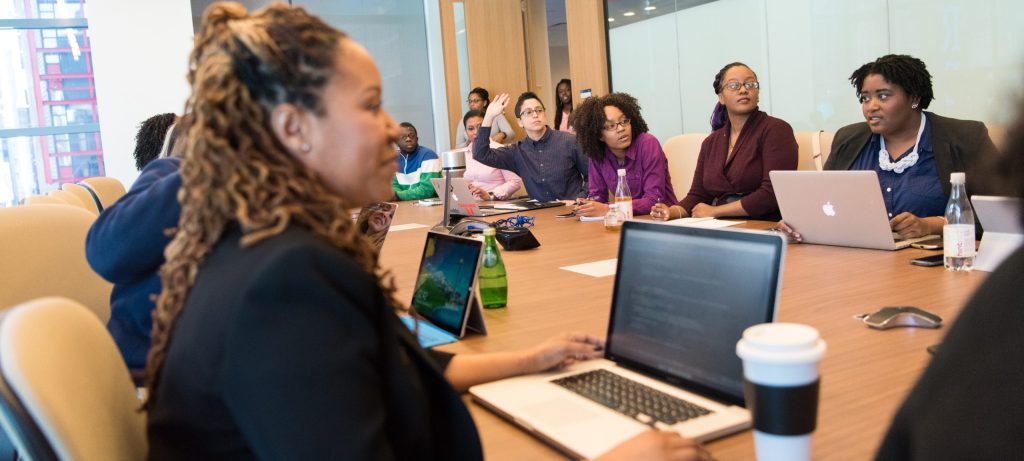With more than 700,000 open cybersecurity positions in the United States, talent will not come from a single, well-positioned demographic.
“Cybersecurity careers represent a tremendous opportunity for those who, historically, have been on the economic sideline,” said Reinier Moquete, Founder and CEO of CyberWarrior.com.
Moquete, who has held workforce development roles in two state administrations, leads CyberWarrior’s rigorous six-month career-changer program. He also heads the nonprofit side that introduces cybersecurity to high schoolers, many from underserved and immigrant communities.
Challenge
Diversified talent makes the industry stronger and more versatile, but the training programs themselves must be responsive to diverse needs, not one-size-fits-all.
For instance, many aspiring cyber professionals already work full time and are parents of young children. Their lives come with scheduling challenges, plus other accessibility or language challenges. They may have varying educational histories or different learning styles, which call for a continuum of support.
Traditional formats and rigid schedules cannot meet the needs of a wide variety of learners.
Solution
Moquete believes that successful training for cybersecurity means being aware of inclusivity practices and demonstrating respect for people’s lived experiences.
“At times, we forget that the individual is quite unique,” Moquete said. “My life experiences vs. your life experiences make us different in the way that we learn, in the way that we approach problems and in the way that we engage with the workforce.”
He believes that professionals grow through training that considers circumstance and asks, “How do we give you the attention and resources you need to be successful?”
A fully virtual learning environment, after-hours teaching assistance, Spanish language capabilities, flexibility and holistic assignments are a few of his tools. CyberWarrior also partners with organizations that assist with housing, food insecurity and childcare needs, so that students are better able to learn.
At almost every CyberWarrior session, there is at least one student holding a child or managing a home responsibility. And those students can be at the top of the class as easily as anyone else.
Outcome
CyberWarrior has made a dramatic impact on individual lives.
For instance, a first-generation Latino father worked two jobs to make a meager living and had no advancement opportunities. After six months of training, he became a network operations analyst.
A young Black woman held several jobs that didn’t give her options to grow professionally. She received two job offers after completing the CyberWarrior program and became an associate security analyst.
“It’s transformational,” said Moquete. “From the start, she found her passion. She had zero related experience, but she worked very hard and earned three certifications.”
Supportive, inclusive training, he said, is the key to filling the cyber workforce and changing the career trajectory of thousands of professionals.
This article appears in our guide “Bright Ideas for Making Cyber Stick.” To see more about how agencies are implementing cybersecurity, download the guide.
